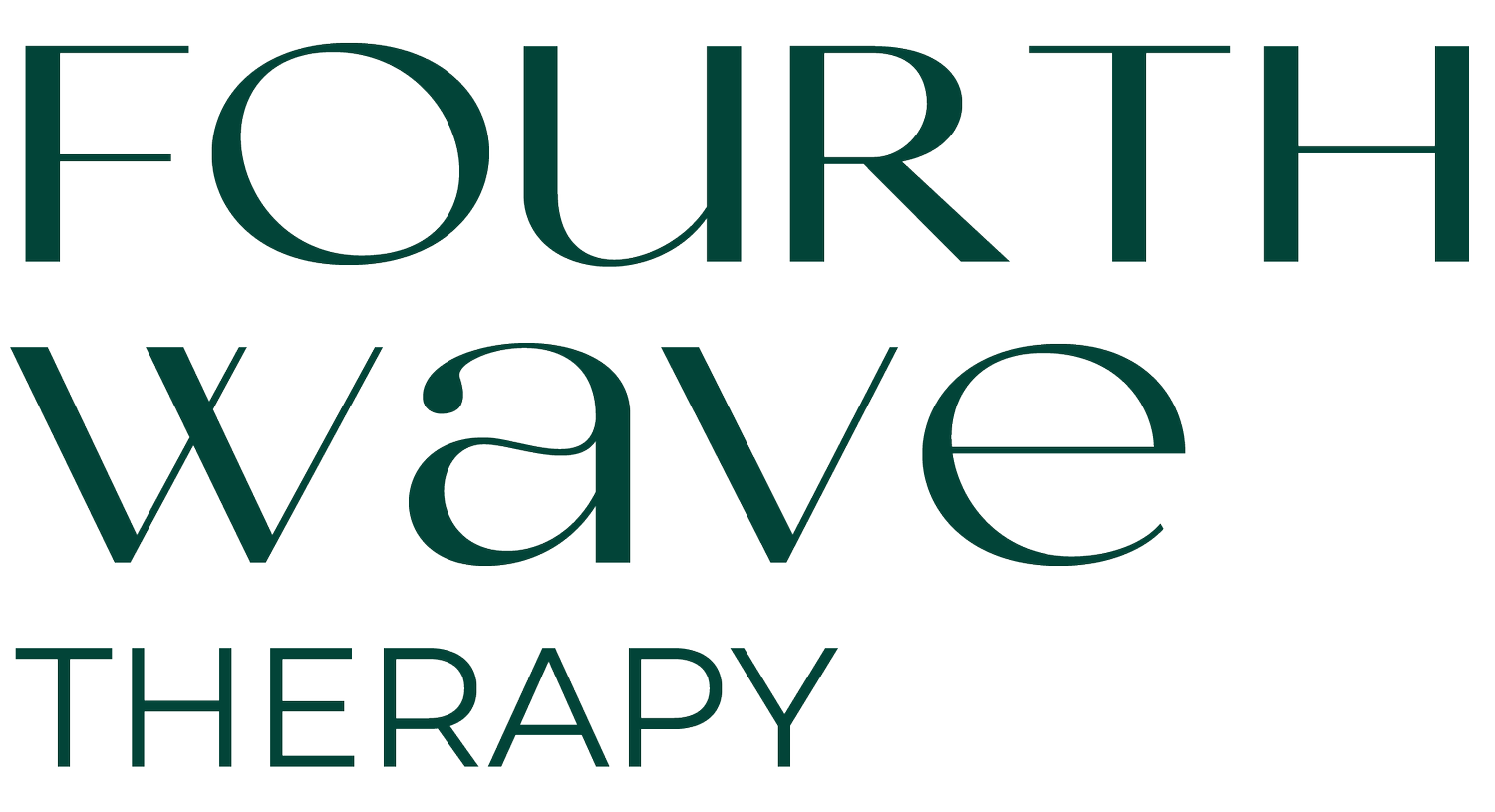MINDFULNESS
I fell in love with Mindfulness through studying the brain.
Why do we become tongue tied in interviews? Why do we fall back into old patterns we swore we’d never do again? Why does it feel impossible at times, in the middle of a conflict, to remember those great communication skills we have learned?
What neuroscience tells us now is that under certain conditions of stress, blood flow is diverted from our higher cortical areas (complex language, intuition, empathy, conscious choice, logic) putting our limbic brain (impulses, emotions, drives) and survival brain (fight/flight) in the driver’s seat. We can actually lose access to the brain functions of the neocortex and specifically the Prefrontal Cortex and are often left in a soup of emotions and impulses with the problem solving skills of a two year old.
This is where mindfulness comes in. What we find is that through mindfulness…this particular way of paying attention, purposefully, consciously, and without judgment…by developing a KIND, accepting, witnessing presence we can actually keep our Prefrontal Cortex on-line, keeping our brain intact and integrated through challenges.
What does this Prefrontal Cortex (PFC) have to offer? As interpersonal Neurobiologist Dan Siegel, MD outlines, the PFC offers 9 functions we may find especially useful in a difficult moment:
1) Bodily Regulation, 2) Attuned Communication, 3) Emotional Balance, 4) Response Flexibility
5) Fear Modulation, 6) Empathy, 7) Insight, 8) Moral Awareness, 9) Intuition
The good news is, that practicing this skill of mindfulness in moments where stress is low, actually helps strengthen and train your brain’s ability to maintain the practice when things get tough.
I LOVE this idea. That simply by doing this practice, which is free and accessible in any moment (not that it is necessarily easy) I am actually changing and strengthening my brain so that it can function more optimally under stress.
In my personal life, I get a little jolt of joy when I find myself staying calm, creative, and connected in the middle of a challenge. It’s even more satisfying to hear people I work with relay stories of how they were able to witness their patterns and make wise choices in a heated moment.
Last week, when I had an allergic reaction to a food item in a restaurant, (a thing that in the past may have sent me into a strong stress response, once even resulting in hyperventilation and passing out) I was able to maintain a witnessing presence, to be with my breath, body, and thoughts in a calm, present, and supportive way, to modulate my stress response and take action to stay safe and attend to the situation. I was able to respond to the needs of the moment versus react, and that felt really good. After things stabilized, I gave my brain a loving pat and thanked it for staying together and helping me get through.
Mindfulness can be engaged in any moment. Try it now.
Shift your awareness to your experience in this moment.
Bring in an attitude of openness, curiosity, welcoming, friendliness…
the way you might meet an old adored friend for tea.
Turn that attitude towards your own self, your own experience.
Notice your breath, your posture, your facial expression.
Notice the sensations in your feet and your seat in the chair.
Notice your experience with your senses, without judgment.
Sounds.
Sights.
Smell.
Taste.
Touch.
Intending to bring your full awareness just to this moment, practicing time and time again, meeting whatever you find here with presence.
Now give your brain a loving pat and thank it for building a new neural pathway!

